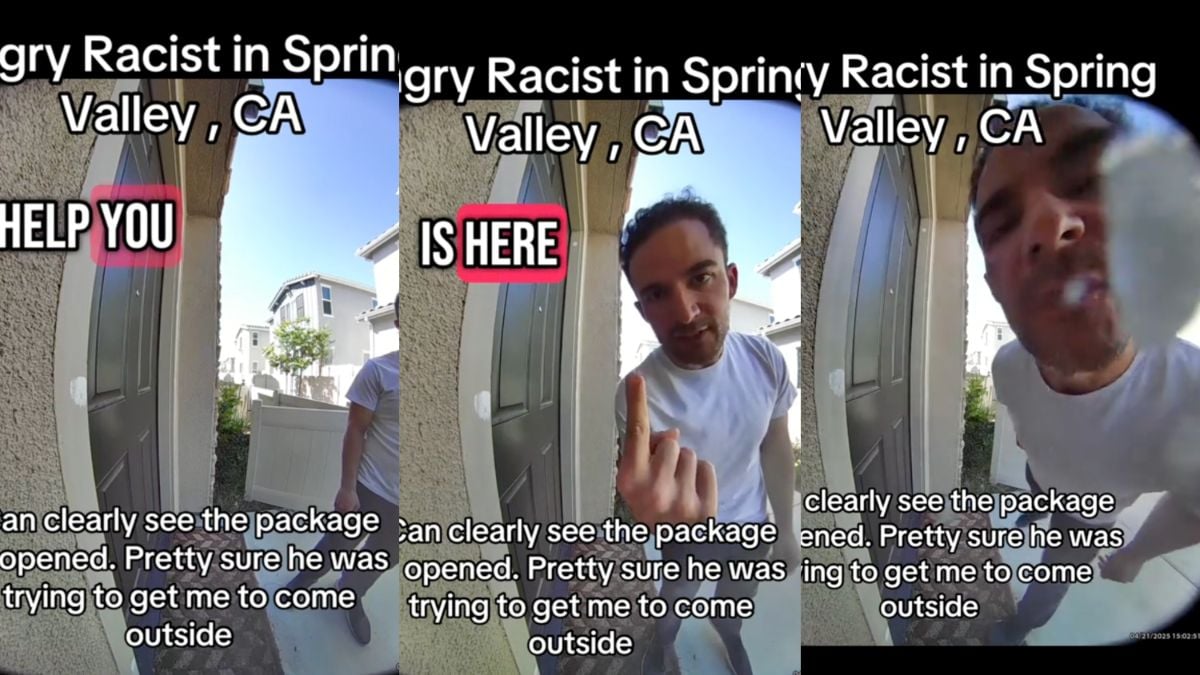Rep. Warren Davidson (R-Ohio) has introduced a bill calling for the National Institutes of Health to formally study “Trump Derangement Syndrome.”
Titled the TDS Research Act of 2025, the bill proposes that NIH investigate the “instinctual negative and often violent reaction to any supportive statement or event related to President Trump.” Davidson, who represents Ohio’s 8th District, claims the condition has “divided families, the country, and led to nationwide violence, including two assassination attempts on President Trump.” The bill is co-sponsored by Rep. Barry Moore (R-Alabama).
Davidson says this research would make better use of existing NIH funds than “ludicrous studies such as giving methamphetamine to cats,” adding that it wouldn’t require additional spending. Still, experts are skeptical, not only of the bill’s premise, but of its implications.
Experts Aren’t Buying It
Thomas Nelson, head of the political psychology program at Ohio State University, dismissed the notion of TDS as pseudoscientific spin. “The idea that there is a ‘Trump Derangement Syndrome’ has no basis in medical or scientific fact,” he said. “Rep. Davidson’s proposal tells me a lot more about him than about this supposed syndrome.”
Nelson argued that the bill amounts to branding dissent as delusion, a hallmark of authoritarian political rhetoric. “It’s a way to pathologize disagreement, to claim that critics are mentally ill instead of politically opposed.”
Dominik Stecula, a professor at Ohio State who studies political misinformation, echoed the sentiment. “This isn’t about science,” he said. “It’s about using scientific language to frame political opposition as irrational.”
The irony, as some Reddit users pointed out, is that the kind of fanaticism this bill tries to pin on Trump’s critics is often far more visible among his staunchest supporters.
Social Media Calls Out the Madness
The response across social media, particularly Reddit, was swift and cutting.
User P1xelHunter78 noted the bill’s real aim may be to delegitimize dissent: “They’re trying to disenfranchise those who don’t agree with Republican politics. We should all be very concerned about this.”
Another commenter, Zampano85, took it a step further: “If you pair this with the suspension of habeas corpus, it would give them the authority to deport or imprison people who don’t agree with their politics… It’s insidious and anti-American.”
Some users compared it to dystopian fiction. “This whole thing is like a joke burrito,” Firm-Medicine-4051 wrote. One Ohio native, Goyangi-ssi, lamented, “Davidson represents the district where I grew up (Middletown). Surprised? No. Disappointed? Yes.”
A recurring theme: people assumed Trump Derangement Syndrome referred to the cultish loyalty of Trump’s supporters, not his critics. “I thought it was about studying why some worship Trump,” said Afilador2112. “But either way, not something to be legislated.”
Others pointed out the deep absurdity of the language itself. As breadedshrimps put it, “Did… did you mean to choose the word instinctual? All of my human instincts are telling me that this is some bullshit.”
Is it All A Strategy?

The political polarization this bill ostensibly addresses is real, but according to the experts, Davidson’s bill doesn’t aim to understand it so much as weaponize it.
“This bill reinforces the very division it pretends to examine,” said Stecula. “It’s not about healing the rift; it’s about hardening it.”
Meanwhile, Ohio faces real challenges: healthcare access, research funding cuts, and education reform among them. Critics say bills like this are little more than partisan noise — the legislative equivalent of planting flags or timing college football kickoffs, as Reddit user WorldsWorstTroll joked.
And for others, the consequences seem darker. “This is how cults operate,” wrote Stunning-Hunter-5804. “They isolate, distort reality, and turn loyalty into a survival instinct.”
Whether the bill gets traction or not, it’s yet another signal of where American politics are heading. Not toward consensus, but toward a world where disagreement is pathology, and mockery gets written into the Congressional Record.








